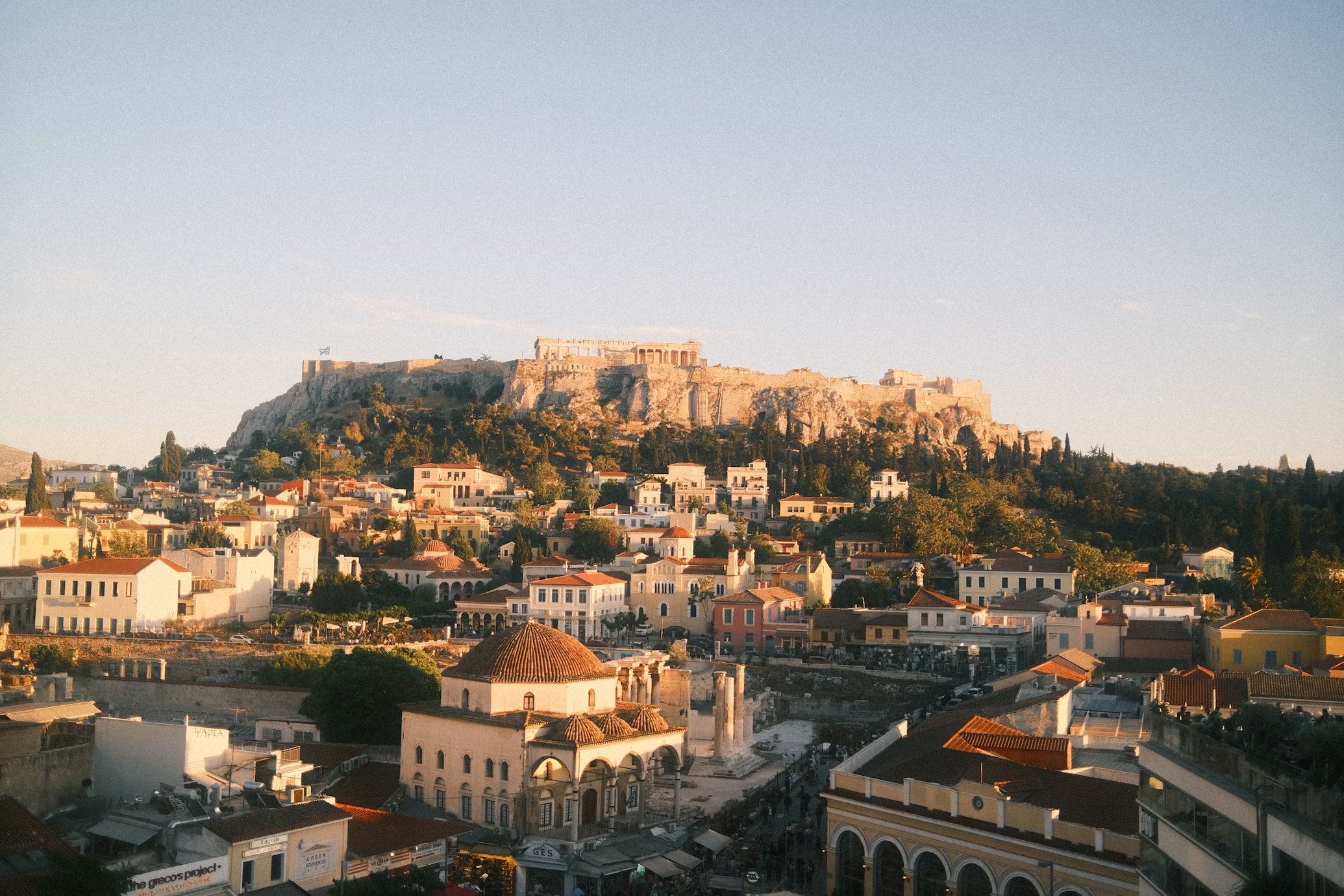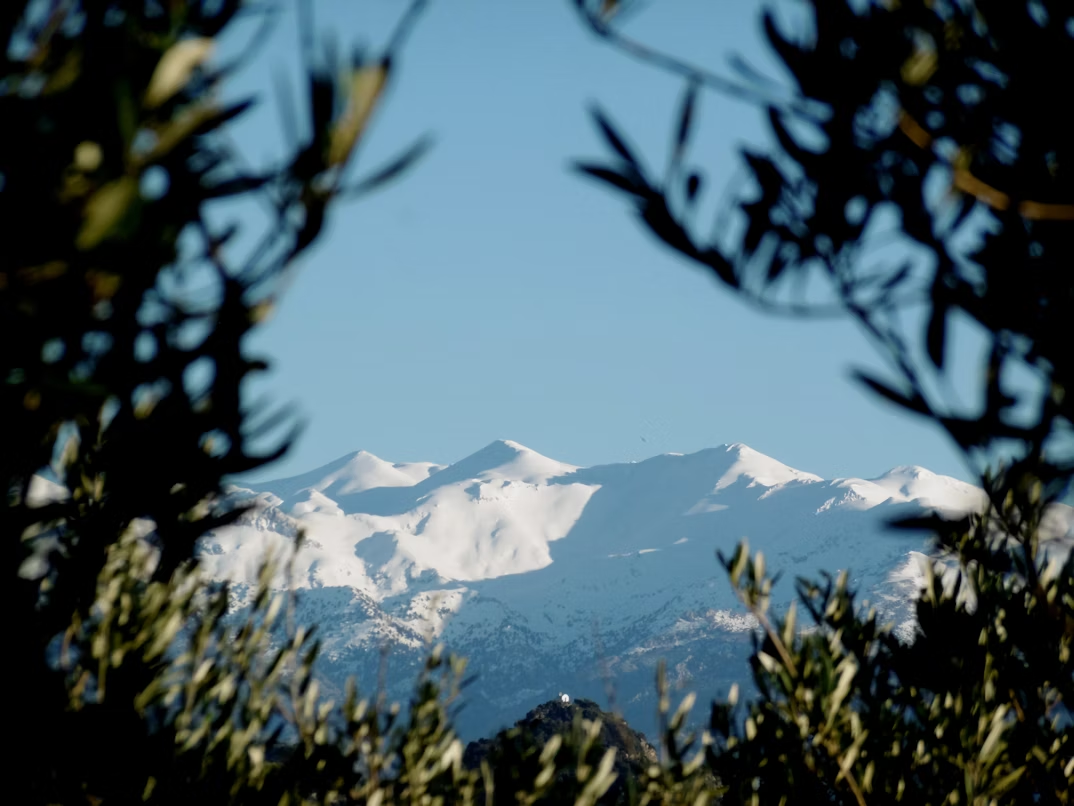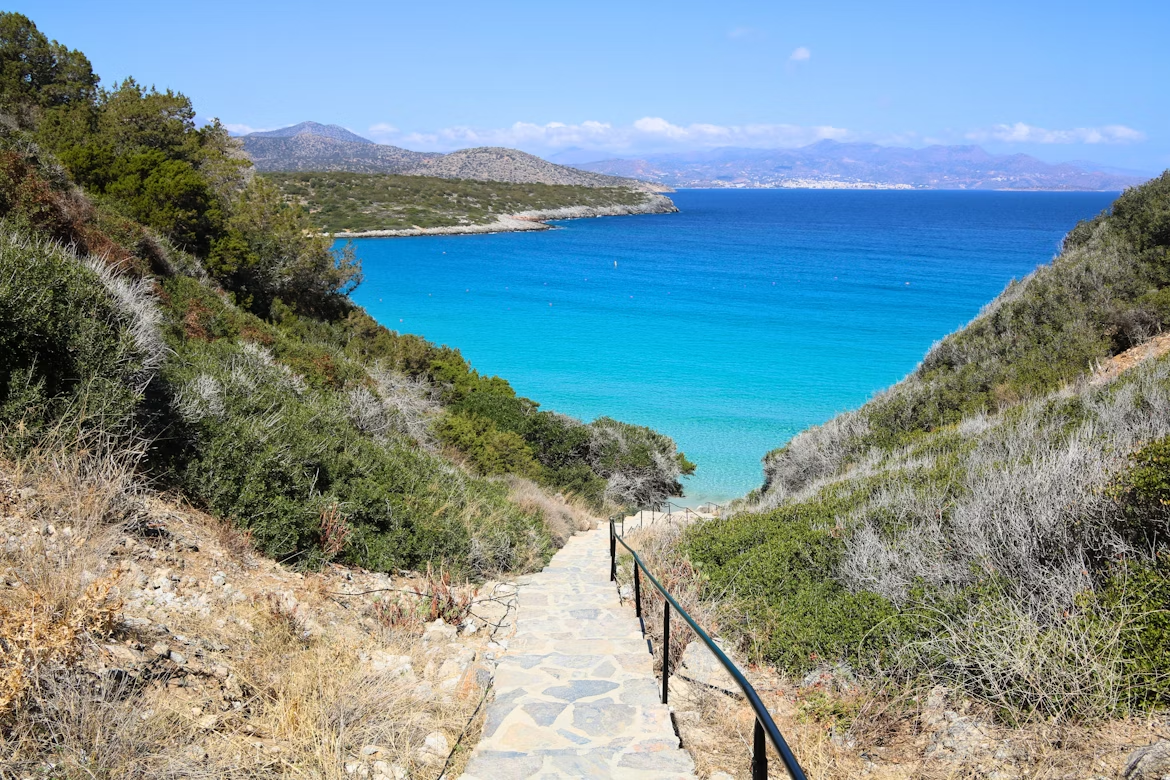The Best Things to do in Greece During Autumn and Winter
Travel Guides
Travel Guides


Autumn and winter don’t have to dampen your holiday plans. When most travellers think of Greece, sun-drenched beaches, island hopping, and summer escapes come to mind. Yet Greece in autumn and winter is a secret treasure waiting to be discovered. As the summer crowds disappear, the country reveals a quieter, more authentic side. The weather remains pleasant well into November, cultural life flourishes in the cities, and the landscapes take on a new charm.
Whether you’re intrigued by archaeological wonders, culinary adventures, or outdoor escapes, visiting Greece outside the high season offers a fresh and rewarding perspective. Here’s a comprehensive guide to the very best things to do in Greece during autumn and winter.
Athens is an incredible year-round destination, but there’s no better time to visit than in the cooler months. Without the sweltering heat of July and August, climbing up to the Acropolis becomes a much more enjoyable experience. Autumn light lends beauty to the Parthenon and surrounding ruins, while winter’s crisp days often bring crystal-clear views across the city.
Beyond the Acropolis, Athens’ neighbourhoods are alive with atmosphere. Take a walk through Plaka, with its neoclassical houses, or explore Psyri, known for street art and hip cafes. In the autumn months, outdoor terraces remain open, and the prices are typically much lower than in the high season.
If that’s not enough to convince you, winter is also festival season in the capital. From December until February, Athens hosts concerts, theatre performances, and exhibitions in venues like the Onassis Cultural Center and the Stavros Niarchos Foundation Cultural Centre. You’ll also find lively Christmas markets and beautifully lit streets, offering a warm and festive charm!

One of the greatest advantages of visiting Greece outside summer is the opportunity to explore its famous archaeological sites without competing with flocks of other tourists.
All of these historical sites are open all year round, and with far fewer visitors, you’ll have the space and time to reflect on their grandeur.
Many people are surprised to learn that Greece is not just a summer destination but the country also has mountains, ski resorts, and alpine-style villages that make it perfect for a winter getaway.
For skiing, Greece has several resorts to choose from: Mount Parnassus, Kalavryta, and Vasilitsa are the most popular. They may not rival the Alps in scale, but they combine slopes with the amazing Greek hospitality and cuisine.

Autumn and winter are the best times to savour the heartier side of Greek cuisine. Whilst summer is all about fresh salads and grilled fish, the cooler months bring warming stews, baked dishes, and regional specialties.
There are also many food festivals in the cooler months, from mushroom festivals in northern Greece to chestnut celebrations in mountain villages. Pairing these local experiences with cosy tavernas makes travel especially rewarding.
Whilst the Greek islands are most famous for summer escapes, they're also fascinating destinations in autumn and winter and can be easily reached by ferry. With fewer tourists and a slower pace of life, island hopping in the low season offers a more authentic experience.
It's worth noting that Greek ferry schedules operate less frequently in winter, so make sure you book your ferry tickets in advance.

Greece’s cultural calendar is rich even outside the summer months. Here are some events to build your travel itinerary around:
Visiting during these times gives you insight into Greece’s living traditions and a chance to join in the celebrations.
Weather: Autumn (September–November) is generally mild, with temperatures varying from 15 to 25°C in many regions. Winter (December–February) can be colder, especially in the north and mountains, with snow in higher areas. Southern Greece and the islands remain relatively mild.
Transport: Ferry schedules are reduced in winter, so always check availability in advance. Trains and buses on the mainland run throughout the year.
Packing: Layers are key. A light jacket suffices in autumn, but in winter, especially inland, you’ll need warmer clothing and waterproofs.
Opening Hours: Some island hotels and attractions shut for the winter, but major archaeological sites and museums remain open, usually with cheaper ticket prices too.
Greece in autumn and winter is a revelation. Far from the peak-season crowds, you’ll discover quieter archaeological sites, mountain villages full of charm, vibrant city life, and seasonal foods and festivals that reveal a different side of Greek culture.
Whether skiing in the mountains, sipping wine in a vineyard, or wandering through Athens on a crisp December afternoon, the cooler months offer richness and depth that summer often overshadows. For travellers seeking authenticity, variety, and value, Greece’s hidden seasons may well be its most rewarding.